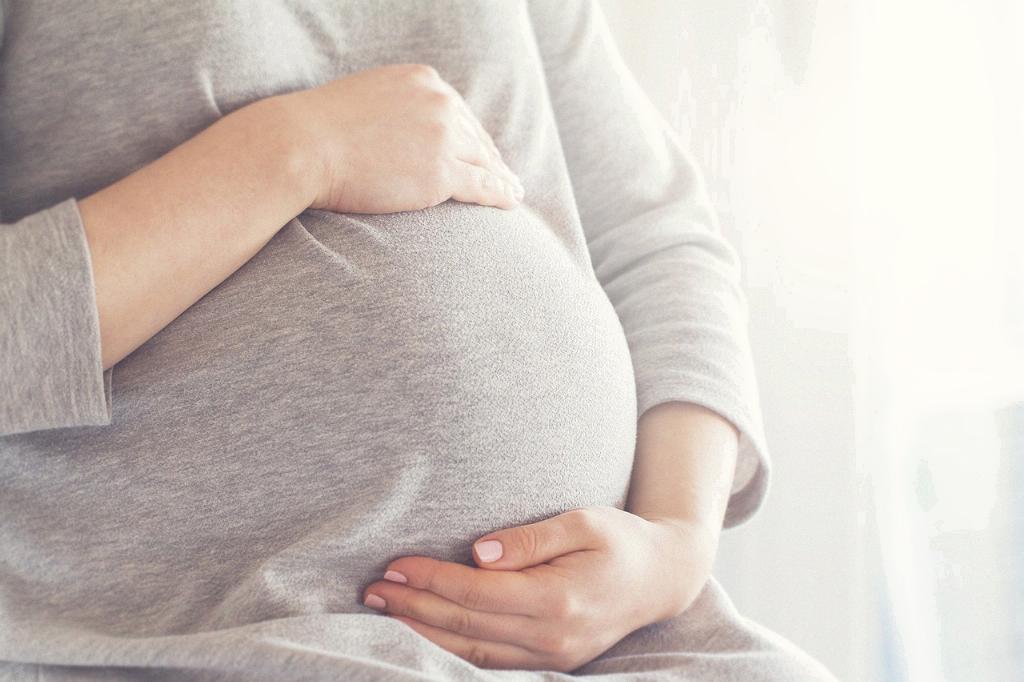Knowing when you may be pregnant can be a mix of excitement and anxiety. While some signs of pregnancy may be subtle, others can be more pronounced, giving you a clue as to what to expect in the coming weeks. It is crucial to be aware of these signs to take necessary steps for your health and well-being.
Week 1-2: Implantation and Early Development
During the first two weeks of pregnancy, the fertilized egg implants itself in the uterus. This process can cause light spotting and cramping for some individuals. However, most people do not experience any noticeable symptoms during this early stage.
Week 3-4: Missed Period and Hormonal Changes
Week 3-4 marks a crucial period where you may miss your period, prompting you to consider the possibility of pregnancy. Hormonal changes can lead to symptoms like breast tenderness, fatigue, and mood swings. These early signs are often a strong indicator that you are pregnant.
Week 5-6: Increasing Pregnancy Symptoms
By week 5-6, most individuals start noticing more apparent pregnancy symptoms. Nausea, commonly known as morning sickness, may set in, along with heightened sensitivity to smells and food aversions. These signs often prompt individuals to take a pregnancy test for confirmation.
Week 7-8: Physical Changes and Growing Belly
During week 7-8, you may notice physical changes like a growing belly as the uterus expands to accommodate the baby’s growth. Your breasts may also continue to enlarge and become more tender. Fatigue and frequent urination are common at this stage.
Week 9-10: Emotional Rollercoaster and Skin Changes
As you reach week 9-10, hormonal fluctuations can lead to mood swings and increased emotions. Skin changes like acne or a pregnancy glow may also become noticeable. It is essential to prioritize self-care and emotional well-being during this time.
Week 11-12: Visible Baby Bump and Increased Appetite
By week 11-12, your baby bump may become more prominent, especially if it’s not your first pregnancy. You may also experience an increased appetite as your body works hard to nourish both you and your growing baby. Regular prenatal check-ups become even more crucial now.
Week 13-14: Second Trimester Milestone and Energy Surge
Entering the second trimester around week 13-14, many individuals experience a surge in energy and relief from early pregnancy symptoms like nausea. Your baby’s development continues rapidly, and you may start feeling more connected to the life growing inside you.
Week 15-16: Baby’s Movements and Ultrasound
Week 15-16 may bring the exciting milestone of feeling your baby’s movements for the first time. These flutters, also known as quickening, can create a bond between you and your baby. Many healthcare providers also recommend an ultrasound around this time to check the baby’s growth.
Week 17-18: Baby’s Gender and Maternity Clothing
During week 17-18, some individuals opt for genetic testing to determine their baby’s gender. This can be a thrilling moment as you start envisioning the future with your little one. You may also find yourself transitioning to maternity clothing for added comfort.
Week 19-20: Anatomy Scan and Baby’s Development
Week 19-20 often includes the anatomy scan, a detailed ultrasound to assess your baby’s growth and development. This scan can provide valuable information about the baby’s health and well-being. You may also begin preparing the nursery and shopping for baby essentials.
Week 21-22: Baby’s Kicks and Bonding Moments
Feeling your baby’s kicks more regularly around week 21-22 can create beautiful bonding moments between you and your little one. It’s a reminder of the miracle of life growing inside you. Taking time to rest and engage in prenatal bonding activities becomes essential.
Week 23-24: Braxton Hicks Contractions and Baby’s Senses
By week 23-24, you may experience Braxton Hicks contractions, which are practice contractions preparing your body for labor. Your baby’s senses, such as taste and touch, continue to develop, laying the foundation for their interactions with the world outside the womb.

